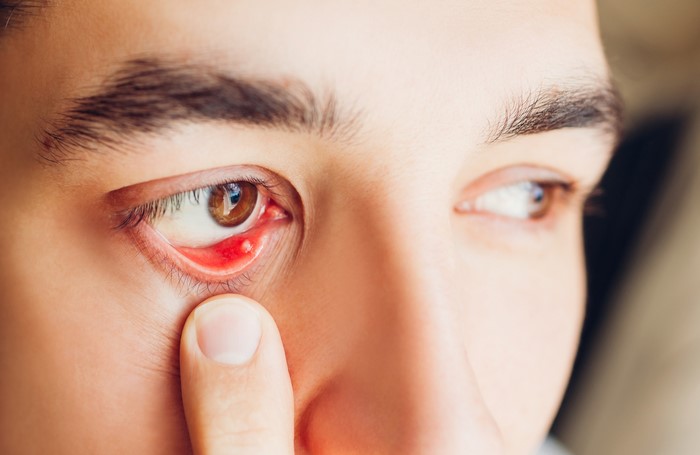Eye Drops for Meibomian Gland Dysfunction (MGD): Relief and Care

Eye Drops for Meibomian Gland Dysfunction (MGD) are a great way to provide relief and care for those suffering from this condition. MGD is a common eye disorder that affects the meibomian glands, which are responsible for producing the oils that keep the eyes lubricated. Symptoms of MGD include dry eyes, redness, irritation, and blurred vision. Eye drops for MGD can help to reduce these symptoms and provide relief from the discomfort associated with the condition. They can also help to improve the overall health of the eyes by providing lubrication and nourishment. With the right eye drops, MGD sufferers can find relief and care for their eyes.
How Eye Drops Can Help Relieve Symptoms of Meibomian Gland Dysfunction (MGD)
Meibomian gland dysfunction (MGD) is a common eye condition that can cause a variety of uncomfortable symptoms, including dry eyes, redness, and irritation. Fortunately, there are a number of treatments available to help relieve these symptoms, including the use of eye drops.
Eye drops are a popular treatment for MGD because they can help to reduce inflammation and lubricate the eyes. This can help to reduce the symptoms of MGD, such as dryness and irritation. In addition, some eye drops contain ingredients that can help to reduce the bacteria that can cause MGD.
Eye drops can also help to reduce the amount of oil that is produced by the meibomian glands. This can help to reduce the symptoms of MGD, such as redness and irritation. In addition, some eye drops contain ingredients that can help to reduce the bacteria that can cause MGD.
Finally, eye drops can help to reduce the amount of debris that can accumulate in the meibomian glands. This can help to reduce the symptoms of MGD, such as dryness and irritation.
Overall, eye drops can be an effective treatment for MGD. They can help to reduce inflammation, lubricate the eyes, reduce the amount of oil produced by the meibomian glands, and reduce the amount of debris that can accumulate in the meibomian glands. If you are experiencing symptoms of MGD, talk to your doctor about whether eye drops may be a good treatment option for you.
Understanding the Benefits of Eye Drops for MGD Care and Prevention
Dry eye is a common condition that can be caused by a variety of factors, including meibomian gland dysfunction (MGD). MGD is a condition in which the meibomian glands, which are located in the eyelids, become blocked or inflamed. This can lead to dry eye symptoms such as burning, itching, and redness. Fortunately, there are treatments available to help manage and prevent MGD. One of the most effective treatments is the use of eye drops.
Eye drops are a safe and effective way to treat and prevent MGD. They can help to reduce inflammation, lubricate the eyes, and improve tear production. This can help to reduce the symptoms of dry eye and improve overall eye health. Eye drops can also help to reduce the risk of infection, as they can help to flush out any bacteria or debris that may be present in the eyes.
In addition to treating MGD, eye drops can also be used to prevent it. Regular use of eye drops can help to keep the eyes lubricated and reduce the risk of MGD developing. This is especially important for people who are at a higher risk of developing MGD, such as those who spend a lot of time in front of a computer or those who wear contact lenses.
Overall, eye drops are an effective and safe way to treat and prevent MGD. They can help to reduce inflammation, lubricate the eyes, and improve tear production. They can also help to reduce the risk of infection and keep the eyes healthy. For these reasons, it is important to talk to your doctor about the benefits of using eye drops for MGD care and prevention.The use of eye drops for Meibomian Gland Dysfunction (MGD) can provide relief and care for those suffering from this condition. Eye drops can help to reduce inflammation, lubricate the eyes, and reduce the symptoms of MGD. While there is no cure for MGD, eye drops can help to manage the symptoms and provide relief. It is important to speak with your doctor to determine the best treatment plan for your individual needs.